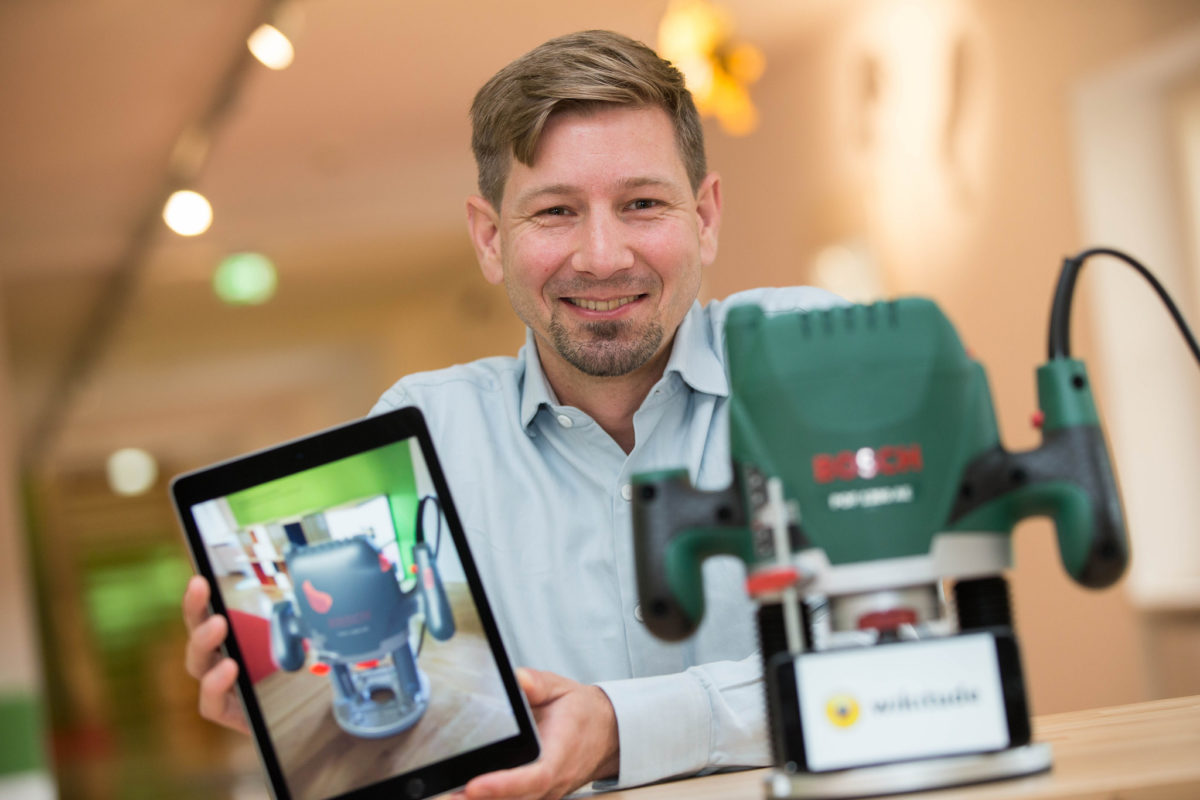Ask Girls Who Code founder Reshma Saujani for her tech ecosystem dream scenario and she’ll describe droves of young women going confidently after their ideal jobs, being interviewed by a diverse hiring committee and joining truly inclusive companies.
Saujani, whose New York-based coding education nonprofit has reached 90,000 girls in 50 states since 2012, says the path toward that new normal starts with a shift in gender norms. To be successful, the shift needs to start early.
“I think a lot of the structure around young girls have basically encouraged perfectionism among young girls,” Saujani said. “From a young age we teach them to smile, to be nice and say their thank you’s, while we allow young boys to just crawl atop the monkey bars and jump right off.”
The attitude carries over to the workplace, Saujani posits: Women police themselves harder before speaking up, and are tasked with pondering consequences that men are not. In her new book “Brave, Not Perfect,” Saujani proposes normalizing the possibility of failure and building up a tolerance for risk, in a bid to level the playing field.
Ahead of a Feb. 20 event in Philly, Technical.ly spoke with the attorney and former congressional candidate about toxic workplaces, hiring practices and the inescapable need of diversifying the tech workforce.
###
Technical.ly Philly: In your book you propose a critical shift in thinking about gender norms. What advice do you have for parents who bring that into their lives?
Reshma Saujani: Young women have been programmed to do a calculation: Should I tell you the truth or say what I think you want to hear? That behavior then happens in the workplace when, say, a coworker says inappropriate things or women feel their work is not valued. This book is about how you can find happiness and joy in life, and I think joy means bravery. In my book I share some tactics can lead to create a braver mindset.
TP: Can you share one of those tactics?
RS: Well, one is to practice imperfection. Send an email with a typo in it, for example.
TP: These girls who are learning how to code will likely be faced with toxic behavior in the workplace. What can founders do to ensure they’re making their company inclusive and safe for all?
RS: I think it’s about hiring, hiring, hiring women. It’s not that there’s a pipeline problem, it’s that your hiring processes and culture are broken. The way you change that is hiring more women.
TP: Is there something founders can do on day one about that?
RS: Don’t have all-male hiring team. A woman going in for an interview seeing all dudes … that’s off-putting. Women say they’ve dropped out of STEM majors because they’re the only woman there. I believe in the Rooney rule. You shouldn’t employ someone unless you’re looking at and giving a fair shot to hire people of color and women.
TP: Thinking about tech ecosystems like Philly, which are outside the big two or three cities most people can name as global tech hubs, how can they help make their companies reflect their own population?
RS: You can learn from the mistakes of the Valley. Silicon Valley is incredibly homogeneous. In the years of discussion about inclusion not much has changed, and Philly has the opportunity to do it right from the beginning.
TP: Is there also business argument to be made for making every company an inclusive one?
RS: When engineers are all white men, you’re not speaking to your customers. Or you build products that don’t make sense. One example: using AirPods with large hoops suck. Things like Alexa and Google Home have been used by perpetrators of domestic violence. It’s dangerous for the creators of products we use to be homogeneous. Now, it’s going to take longer to find diverse candidates, but to me it’s worth the wait and business risk.
Join the conversation!
Find news, events, jobs and people who share your interests on Technical.ly's open community Slack

Philly daily roundup: Jason Bannon leaves Ben Franklin; $26M for narcolepsy treatment; Philly Tech Calendar turns one

Philly daily roundup: Closed hospital into tech hub; Pew State of the City; PHL Open for Business

Philly daily roundup: A better coffee supply chain; Philly Tech Week returns; Apply to Pennovation Accelerator

